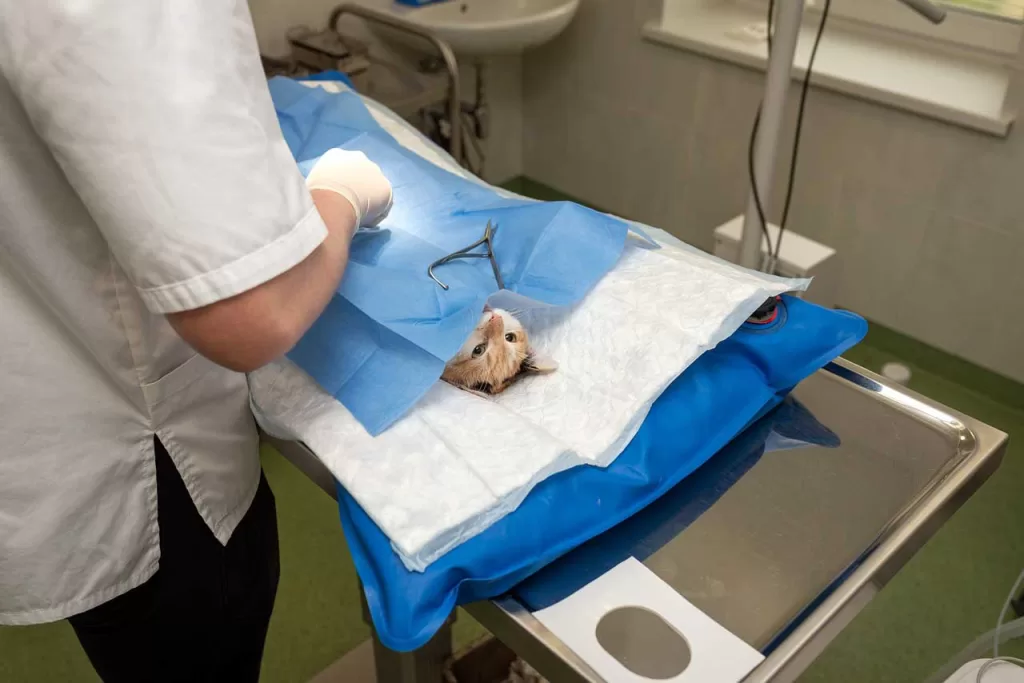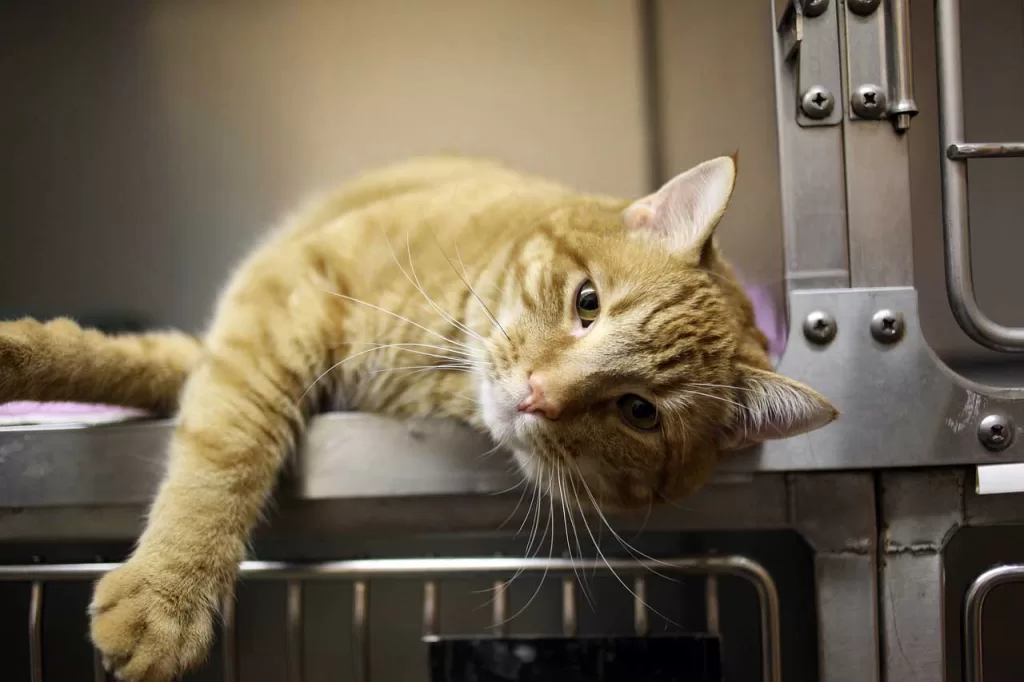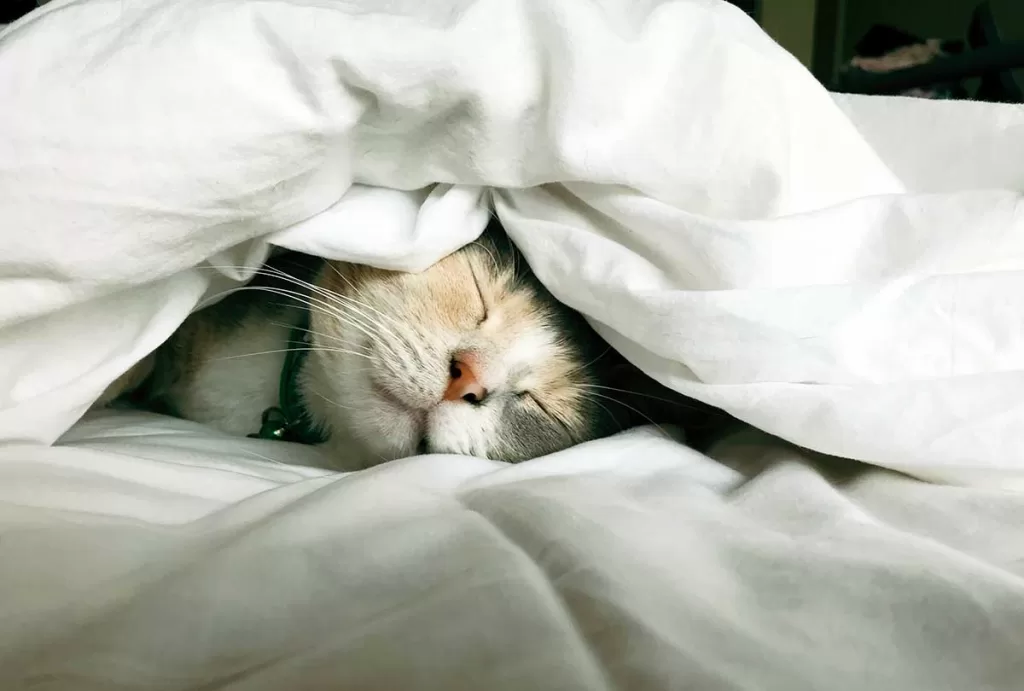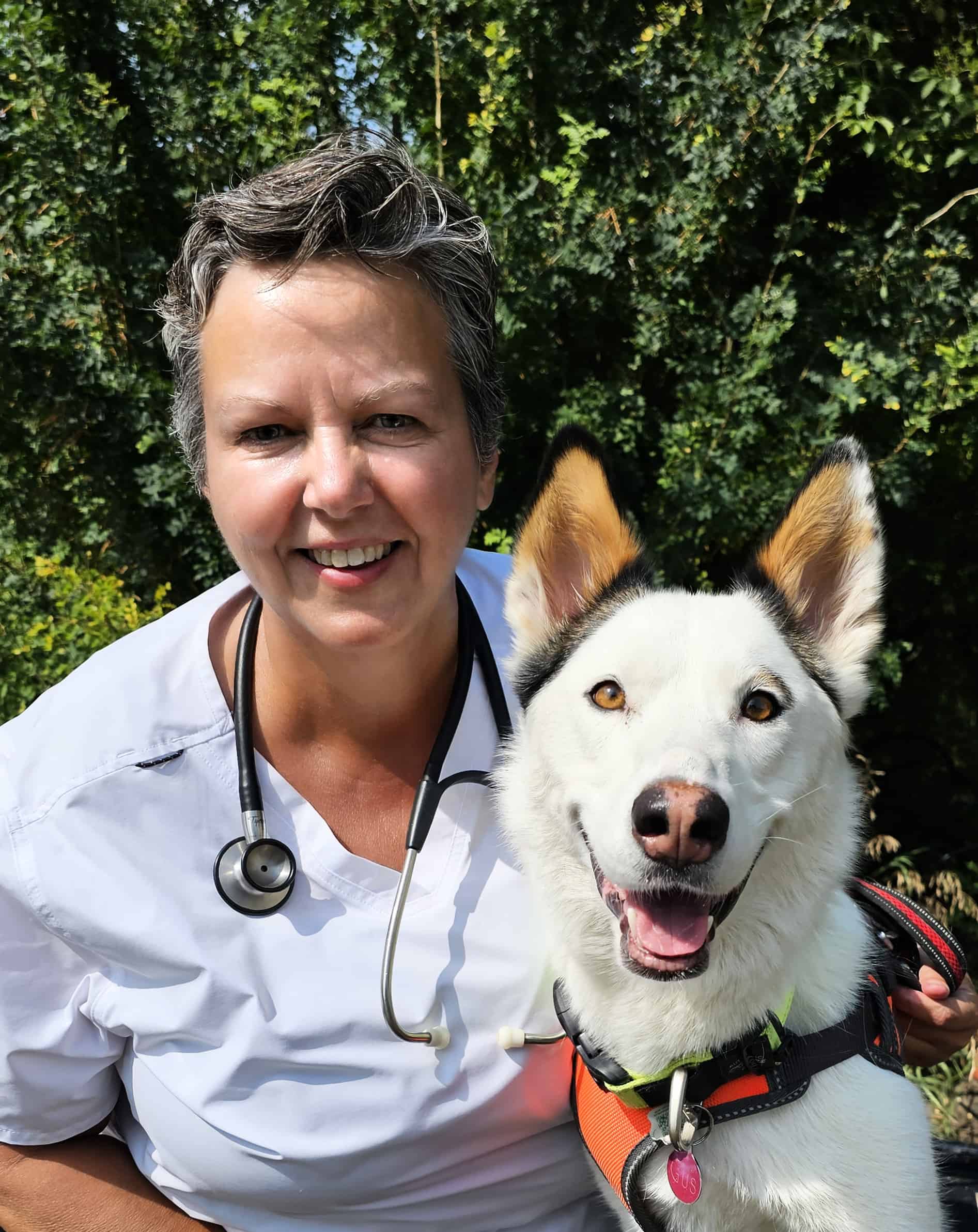If you have recently welcomed a new kitten or cat into your home, or are thinking about getting one, you are probably wondering how often you need to take it to the vet.
Cats should be taken to their vet once a year for an annual check-up. These check-ups are important for the early detection of health problems, as well as for keeping vaccinations and flea and worm control up to date. Kittens and senior cats will usually require more frequent visits to the vet.
In addition to annual check-ups, cats should also be taken to the vet if they show any signs of being unwell or have an injury. This article explains when and why you should take your cat for veterinary care.
Why Is It Important To Find A Veterinarian As Soon As Possible?
You may be wondering what the rush is to take your new cat or kitten in to see a veterinarian, especially if all her vaccinations are up to date and she appears perfectly healthy.
It is more important now than ever to establish that relationship with your veterinarian as soon as possible. There is a growing veterinary workforce shortage, which is having impacts in many areas of the world.
What does a veterinary workforce shortage mean to you? It means that you may not be able to find a veterinarian when you need one, especially in rural areas. Many veterinary clinics are unable to treat animals that are not already their patients, even in emergencies.
There have been many reports over the last few years of pet owners being unable to access veterinary care for their pets. Establishing that relationship now can help prevent future problems with access to veterinary services.
Establishing that veterinary-client-patient relationship early is also important even where there is no shortage of services. This makes it easier for the cat to receive routine care and also ensures that if an emergency arises in the future, there is a relationship of trust already established.

How Often Should You Take A Kitten To The Vet?
Kittens need to visit the veterinarian more often than adult cats. Most veterinarians recommend that kittens be seen every 3-4 weeks until they are at least 16 weeks of age.
The kitten vaccine schedule is for core vaccines at 8, 12, and 16 weeks of age. Core cat vaccines include Feline Viral Rhinotracheitis (FHV-1), Feline Calicivirus (FCV), and Feline Panleukopenia (FPL). A rabies vaccine is also given at 16 weeks of age.
During the first veterinary visit, a full physical exam will be done. The kitten will also be dewormed. Your vet may discuss testing and vaccination for feline leukemia virus (FeLV) and feline immunodeficiency virus (FIV), as well as flea and tick control options.
Your veterinarian will also discuss the appropriate time to spay or neuter your kitten. In most cases, this is done between 5-6 months of age.
The final veterinary visit in your cat’s first year of life is at one year of age. This visit will include an annual physical exam, booster vaccines, and deworming if needed.
Why You Should Have Your Cat Spayed or Neutered
Spaying or neutering your cat is an important part of cat ownership and health. Spaying a female cat prevents uterine infections, which can be life-threatening. It also minimizes the risk of her developing mammary tumors, which are common in older cats that have not been spayed.
Neutering prevents testicular cancer in male cats, as well as reduces the risk of him developing prostate problems later in life. It also reduces the cat’s desire to roam and mark territory with urine, which helps keep him safe from potential cat fights and other dangers.
Spaying or neutering your cat is an inexpensive way to make sure she or he lives a longer and healthier life. Not to mention, it is a sure way to prevent unwanted kittens!

How Often Should You Take An Adult Cat To The Vet?
The American Veterinary Medical Association recommends that adult cats (ages 1-10 years) have an annual comprehensive physical examination. This should include a full nose-to-tail checkup, a review of medical history, and any necessary vaccinations or preventative care.
Some cat owners may choose to do blood work, urinalysis, or other diagnostic tests on an annual basis, depending on the cat’s age and health status.
Regular checkups help keep an eye on your cat’s health and your vet can detect any potential problems early, which can help significantly reduce the cost of treatment down the road.
Your cat may or may not receive vaccinations at its annual checkup. The adult cat vaccination schedule can vary, depending on where you live and your veterinarian’s recommendations.
Core cat vaccines are given on a one, two, or three-year cycle. Your veterinarian will assess your cat’s specific risks and make appropriate recommendations.
Some jurisdictions mandate how often rabies vaccines must be given. So if the requirement where you live is annual rabies vaccination, then that is the schedule that must be followed.
Other than annual checkups, cats with health problems, such as diabetes or heart problems, will require more frequent visits to the vet in order to maintain their health and monitor any changes.

How Often Should You Take A Senior Cat To The Vet?
Cats over 10 years of age are considered senior cats. As cat age, their risk of developing certain health conditions increases. Therefore, it is important to take your cat for checkups more frequently so that any potential problems are caught early.
Your cat’s veterinarian may recommend twice-yearly checkups for senior cats. During these visits, additional diagnostics, such as blood work or urinalysis, may be recommended to help monitor the cat’s overall health.
Senior cats are prone to developing diseases such as kidney disease, heart problems, and arthritis. Early intervention for these and other health conditions can add years to your cat’s lifespan, and save you money on emergency treatments down the road.
Take Your Cat To The Vet For Dental Care
Feline dental care is an important part of cat ownership. Poor dental health can lead to serious issues, such as infection and periodontal disease.
Your vet will check your cat’s teeth during its regular checkup. If necessary, they will recommend professional cat dental cleaning to remove tartar and prevent gingivitis. During the cat’s checkup, your vet may also check for any loose teeth, cavities, and other issues that could lead to infection.
Take Your Cat To The Vet If It Is Sick Or Injured
This can never be emphasized enough: if your cat is sick or injured, take her to the vet right away. Delaying or avoiding a veterinary visit unnecessarily puts its life at risk.
Some of the signs that your cat may be ill can include changes in behavior, such as hiding more than usual; decreased activity level; a decrease in appetite; vomiting and/or diarrhea; coughing, sneezing, or difficulty breathing; or red eyes and/or discharge from its nose or ears.
When in doubt, make that call and talk to your vet about your cat’s specific situation. It is always better to be safe than sorry.
Conclusion
Cats need regular veterinary care to stay healthy and live a long life. Whether you have an adult cat, senior cat, or kitten, it’s important to take your cat for check-ups on a regular basis.
Vaccines are also essential for cats of any age as they help protect them from dangerous diseases and other health conditions.
By being proactive about your cat’s healthcare needs, you can ensure that your furry family members will be with you for many years to come.
Disclaimer: This article is intended for information purposes only, and does not constitute medical advice. Always consult your veterinarian if you have specific concerns about your pet’s health.



